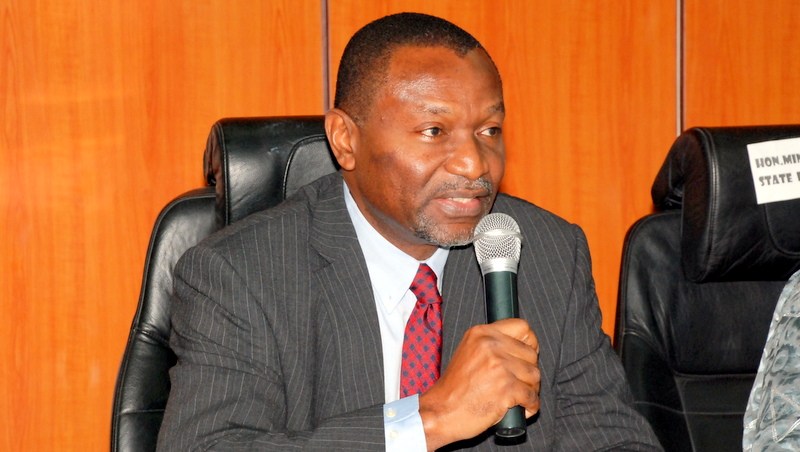To finance its fiscal and infrastructure deficits owing to paucity of funds, the Federal Government had borrowed about N1.16 trillion from the equities market in 2018, including the maiden N100 billion Sukuk designed to fund critical road network across the country.Furthermore, the government plans to borrow additional N1.65 trillion is year, half of it (N824.82 billion) from domestic sources, while 24.24 per cent or N2.14 trillion of its 2019 expenditure will be devoted to debt servicing, Minister of Budget and National Planning, Udoma Udo Udoma, had told journalists at the weekend.
According to the Nigerian Stock Exchange (NSE), capital raising from the market in 2018, was dominated by the government and accounted for 79.30 per cent of bond issuance during the period.This is even as the Exchange raised the alarm that current volatility in the market will sustain until mid-year, on account of the forthcoming general elections.
However, the Exchange expressed optimism that with enhanced stability post-elections, the market would witness a return of listing during the year with uptick in activity in the second half of 2019.The Chief Executive Officer, NSE, Oscar Onyema, while addressing the capital market players at the 2018 market recap and outlook for 2019, held in Lagos, yesterday, said the FG bond issuances resulted in an increase in the NSE’s fixed income, market capitalisation by 11.75 per cent to N10.17 trillion, from N9.10 trillion achieved in 2017.
He noted that foreign portfolio investment outpaced domestic participation by 1.74 per cent in 2018, accounting for approximately 50.53 per cent of total transactions, while the domestic transactions investment constituted 49.13 per cent.On the outlook for 2019, Onyema said: “Domestically, we believe market sentiments in the first half of the year will be driven by uncertainty in oil prices as well as the 2019 elections. Accordingly, we anticipate volatility in equities market in first half of 2019.
“We believe that swift approval and implementation of the 2019 budget may have a positive impact on companies’ earnings as well as consumer spending. Therefore, we anticipate a return of listings during the year with uptick in market activity during the second half of 2018.”
Furthermore, he said the market witnessed 50.53 per cent increase in foreign outflow from 402.26 billion in 2017 to 605.54 billion in 2018.He said this was attributable to foreign participation due to a shift in higher yielding assets with lower risks in developed countries during the period, coupled with the imminent political risk from the forthcoming elections in Nigeria.
On measures to ensure that more companies approached the market for listing, he said the Exchange is currently engaging the government to enforce the listing of already privatised companies that have not been listed over the years.“We try to ensure that people live up to the contract they sign in privatisation process. We also find innovative solutions to carter for their financial needs, and we also look for more opportunities that would facilitate their listing.”
Aside these measures, Onyema said the Exchange is also engaging with issuing houses and brokers as intermediaries that would work closely with the firms, package them and bring them for listing.On what is being done to reduce voluntary delisting of firms, he said the Exchange will continue to engage with companies that indicated interest to delist from the market.“At the Council level, we are taking it serious, and would engage any company that wants to delist from the market. These companies delist due to various reasons, ranging from restructuring, mergers among others.”
Read more at The Guardian.







